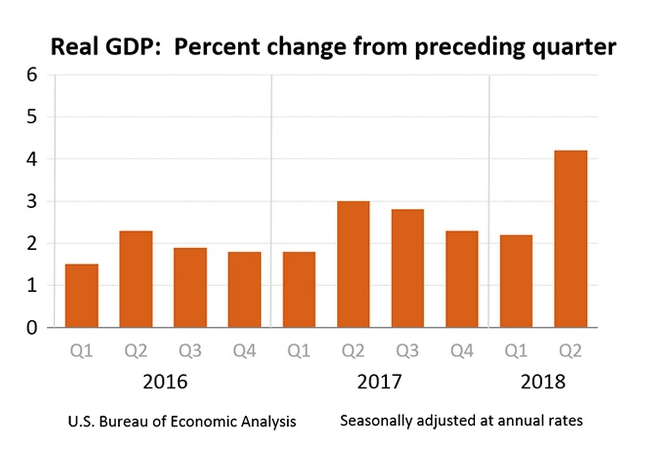“America’s 1st Freedom” is a magazine distributed by the National Rifle Association. I am not including a link to the article I am posting about because I can’t find the article electronically although it is in the April 2020 issue of the magazine.
The title of the article is “The New Gun-Control Activism.” It deals with the strategy those who oppose the right of Americans to own guns are using to limit the availability of guns to Americans.
The article notes:
Last year, for example, Connecticut State Treasurer Shawn Wooden, who commands $37 billion in public pension funds, announced plans to pull $30 million worth of shares from civilian firearm manufacturer securities. Wooden also intends to prohibit similar investments in the future and to establish incentives for banks and financial institutions to adopt anti-gun protocols. The proposition was immediately praised by Sen. Richard Blumenthal (D-Conn.) and other Connecticut politicians who view the divestment from five companies–Clarus Corp., Daicel Corp., Vista Outdoor Inc., Olin Corp., and ammunition maker Northrop Grumman–as a step toward reducing gun violence.
…Wooden also requested that financial bodies disclose their gun-related portfolios when endeavoring to wok with the treasurer’s office. Wooden subsequently selected tow firms, Citibank and Rick Financial Product (both had expressed the desire to be part of the “solution on gun violence”), to take on the roll of senior bankers in Connecticut’s then-forthcoming $890 million general obligation bond sale.
Technically I guess this is legal. It is a very subtle infringement on the Second Amendment and would be very difficult to prove in court. It is also not a new approach. During the Obama administration, the administration put in place guidelines that prevented gun dealers from getting business loans from banks.
On May 19, 2014, The New American reported:
Following the Obama administration’s “Operation Broken Trust,” an operation that began just months into his first term, the Financial Fraud Enforcement Task Force was created initially to “root out and expose” investment scams. After bringing 343 criminal and 189 civil cases, the task force began looking for other targets.
The task force is a gigantic interagency behemoth, involving not only the Department of Justice (DOJ) and the FBI, but also the Securities and Exchange Commission (SEC), the U.S. Postal Service, the Internal Revenue Service (IRS), the U.S. Commodity Futures Trading Commission (CFTC), and the U.S. Secret Service.
The next target for the task force was credit card payment processors, such as PayPal, along with porn shops and drug paraphernalia stores. In 2011, it expanded its list of “high risk” businesses to include gun shops. Peter Weinstock, an attorney with Hunton & Williams, explained:
This administration has very clearly told the banking industry which customers they feel represent “reputational risk” to do business with….
Any companies that engage in any margin of risk as defined by this administration are being dropped.
In 2012, Bank of America terminated its 12-year relationship with McMillan Group International, a gun manufacturer in Phoenix, and American Spirit Arms in Scottsdale. Said Joe Sirochman, owner of American Spirit Arms:
At first, it was the bigger guys — gun parts manufacturers or high-profile retailers. Now the smaller mom-and-pop shops are being choked out….
They need their cash [and credit lines] to buy inventory. Freezing their assets will put them out of business.
That’s the whole point, according to Kelly McMillan:
This is an attempt by the federal government to keep people from buying guns and a way for them to combat the Second Amendment rights we have. It’s a covert way for them to control our right to manufacture guns and individuals to buy guns.
With the Obama administration unable to foist its gun control agenda onto American citizens frontally, this is a backdoor approach that threatens the very oxygen these businesses need to breathe. Richard Riese, a senior VP at the American Bankers Association, expanded on the attack through the banks’ back doors:
We’re being threatened with a regulatory regime that attempts to foist on us the obligation to monitor all types of transactions.
All of this is predicated on the notion that the banks are a choke point for all businesses.
How you vote matters.






